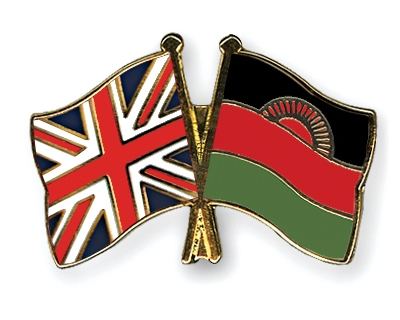South Africa’s Illovo Sugar Group Limited on Monday released its financial results for 2011, posting a 31 percent operating profit growth from R1.03 billion to R1.35 billion with Malawi contributing more than a third of the profits.
Illovo said in a statement that the contributions to operating profit were sugar production 59 percent, cane growing 30 percent, downstream and power generation 11 percent.

“The country contributions were Malawi 39 percent, Zambia 33 percent, Tanzania 11 percent, South Africa 7 percent, Swaziland 6 percent and Mozambique 4 percent,” said Illovo.
Illovo Sugar Malawi mid this month indicated that its profits for the year ended March 2012 grew to K8.1 billion from K6.4 billion in 2011, despite challenging conditions emanating from forex and fuel shortages which impacted on its ability to operate at optimum levels of efficiency..
Illovo Sugar Malawi indicated that its total revenue from the of sugar and molasses totalled K36.5 billion which was an increase of 18 percent over the previous year and reflected the company’s ability to optimise market opportunities in favourably priced markets.
Illovo Sugar Group, a unit of Associated British Foods, said the consolidation of Illovo’s own grown cane supply continued during 2011/12 and that despite a climatically challenging season, a total of 6.2 million tons of cane was produced on the group’s estates. This was slightly lower than the record cane production of 2010/11.
“The marginal reduction was the result of a second consecutive drought-affected season in South
Africa and lower cane yields experienced in Malawi and Zambia due to harvesting those crops at a younger age than normal. In the case of Zambia, this was necessary to re-align the expanded cane growing area with the significantly increased milling capacity.
“These cane crops will benefit in future from harvesting at an optimal age of twelve months. In
Tanzania, an extended wet season disrupted harvesting and resulted in a large area not being harvested and carried over for harvest in 2012/13,” said Illovo.
The group said the operations in Zambia and Malawi are geographically well positioned to supply large deficit markets in east and central Africa.
It further said advantage was taken of enhanced pricing in this region and a range of direct consumption and industrial sugar was supplied from Malawi and Zambia.
“Preferential exports to the European Union and the United States grew during the year. European sugar prices rose compared to the previous year and bulk raw sugar contracts with European refiners delivered higher prices than in 2010/11. Niche speciality sugars, including “Fairtrade” sugar, continue to provide premium prices in Europe and the United States,” said Illovo.
Looking into the future, Illovo said the current 2012/13 season should see a new record volume of group cane production with sucrose levels look set to be more normal with early season trends supporting this likely outcome.
It further said the recent 50 percent devaluation of the kwacha will have a material negative influence on the operating cost base in Malawi, while export earnings will be enhanced in local currency, which will partially mitigate the impact of the currency devaluation.
“In accordance with group strategy to recover cost inflation from sugar pricing, an appropriate local sugar price increase was implemented in Malawi on 8 May 2012. This strategy will largely mitigate any material negative impact on group profits.
“Exchange rate volatility will continue to be a major influence on export earnings and the conversion of foreign subsidiary profits into rand. Strong cash generation will be deployed to reduce group debt and lower financing costs,” said Illovo.



